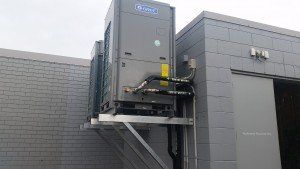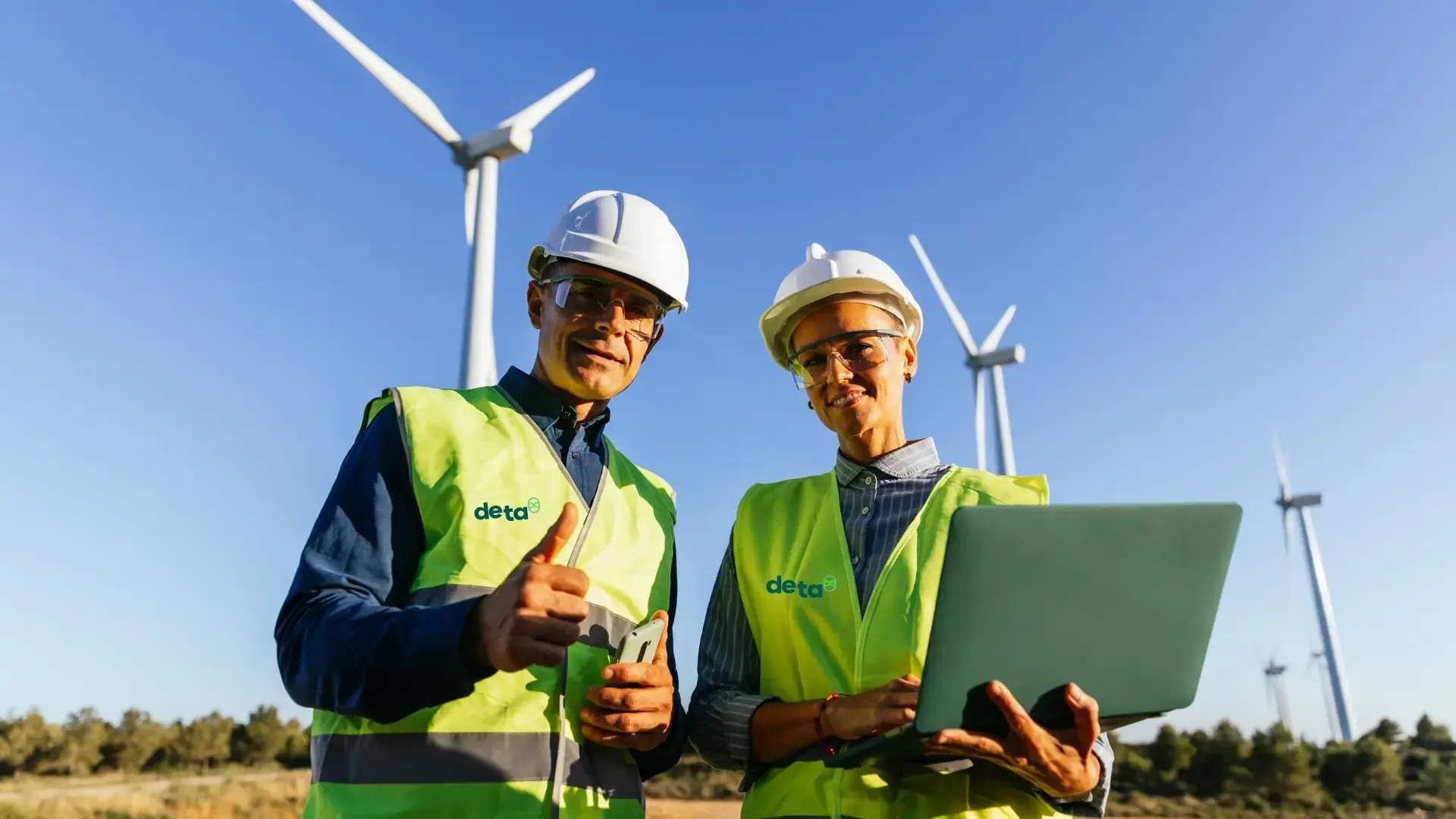Blog Layout
Successful Project – SJOG HWHP

We’ve recently completed a major project at St John of God Hauora Trust (SJOG), a residential care home. About 18 months ago we investigated some ways to improve the efficiency and performance of their domestic hot water system – we figured the best result was to replace four distributed hot water cylinders and install a central ring main with a central hot water heat pump to make maintenance easier, allow for future expansion and reduce operating costs. We also took the opportunity to replace a gas heated underfloor heating system with some scavenger coils, fed from the heat pump system.
We designed, consented and project managed the entire project, and it’s fair to say that it’s been a great success – delivered a little later than expected but well under budget. On top of that, it’s reduced the site’s hot water generation costs by 70% – about $30,000 per year. Here’s what Mark Anderson, Facilities Manager at SJOG had to say
“We have successfully worked with DETA to design and build a replacement domestic hot water system for 60 residents. They walked us through the process from identifying our needs, system design, budgets, consents and managing the installation. The new system worked from day one and provides significant ongoing energy savings. It’s been a pleasure to work with them”.
There’s heaps of scope to roll out this type of project at other similar sites (of which there are many… think every rest home, hospice, small hotel) with a payback of 3-5 years. Pretty attractive? We think so. And so do SJOG.





